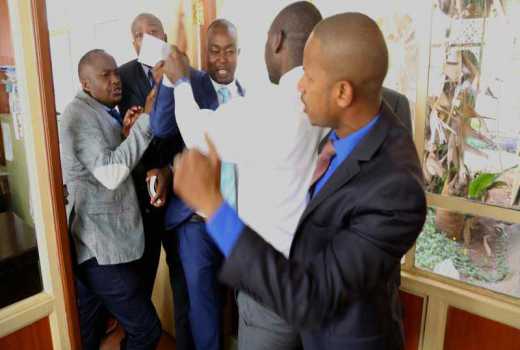×
The Standard e-Paper
Smart Minds Choose Us

When the Price family moved from the USA to a village called Kilanga in the Democratic Republic of Congo they found a parrot named Methuselah in their home. The parrot was kept in a tall metal cage well above the ground and out of reach of predators like killer ants and snakes.
The previous caretaker of the parrot was Brother Fowles. Reverend Price was taking over the leadership of the only church in the village from Brother Fowles whose contract was terminated because he married a village woman.